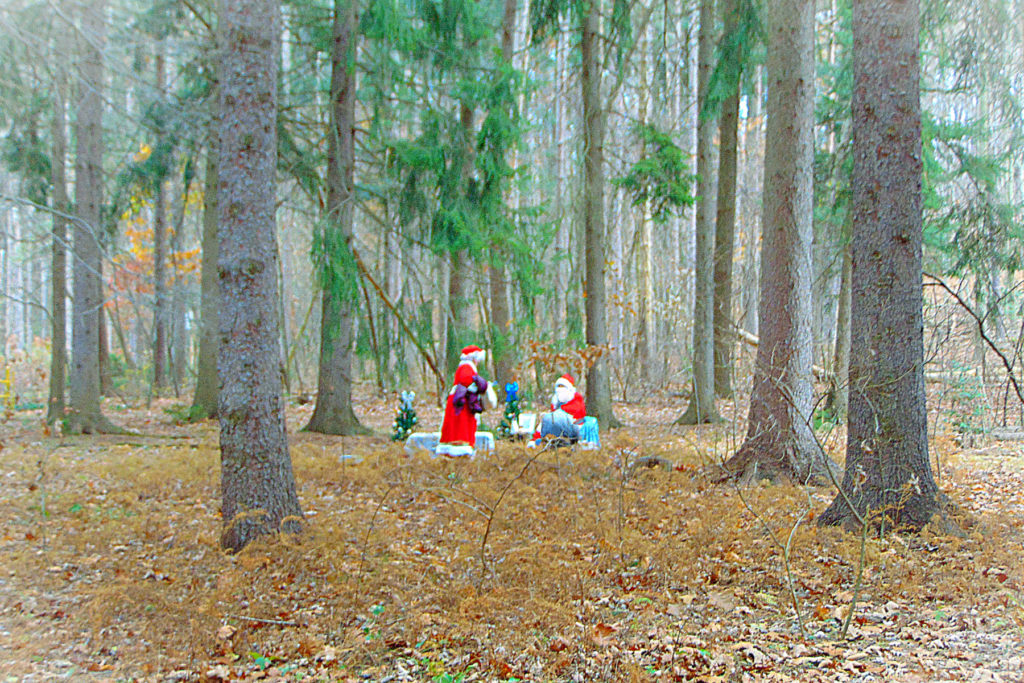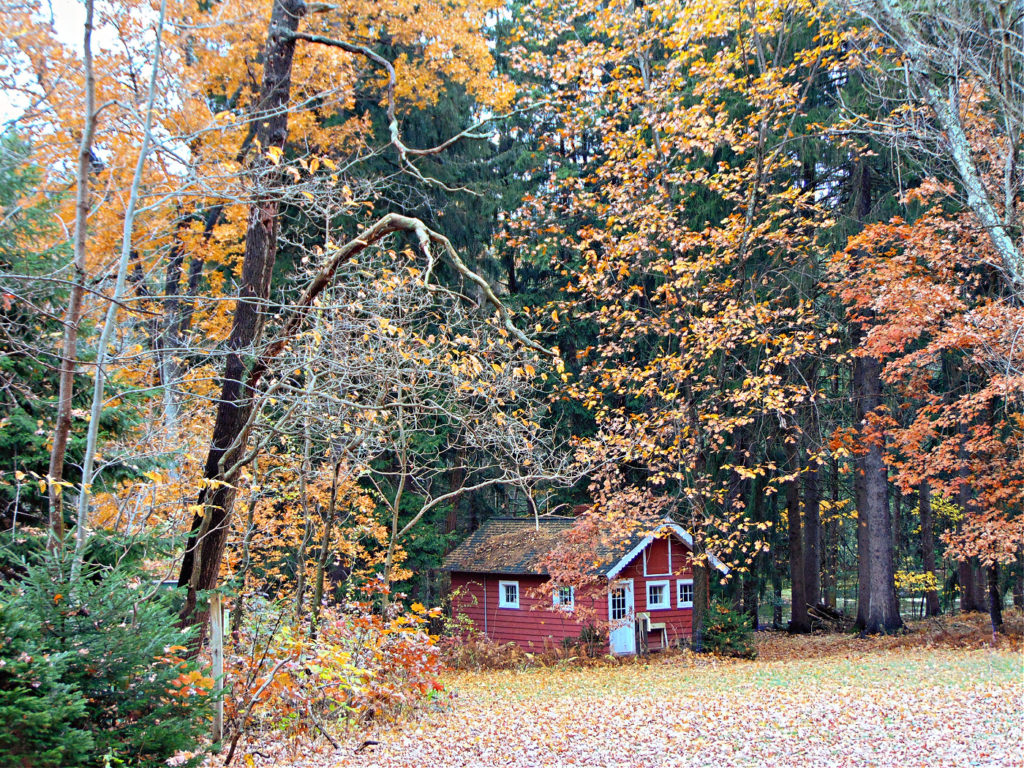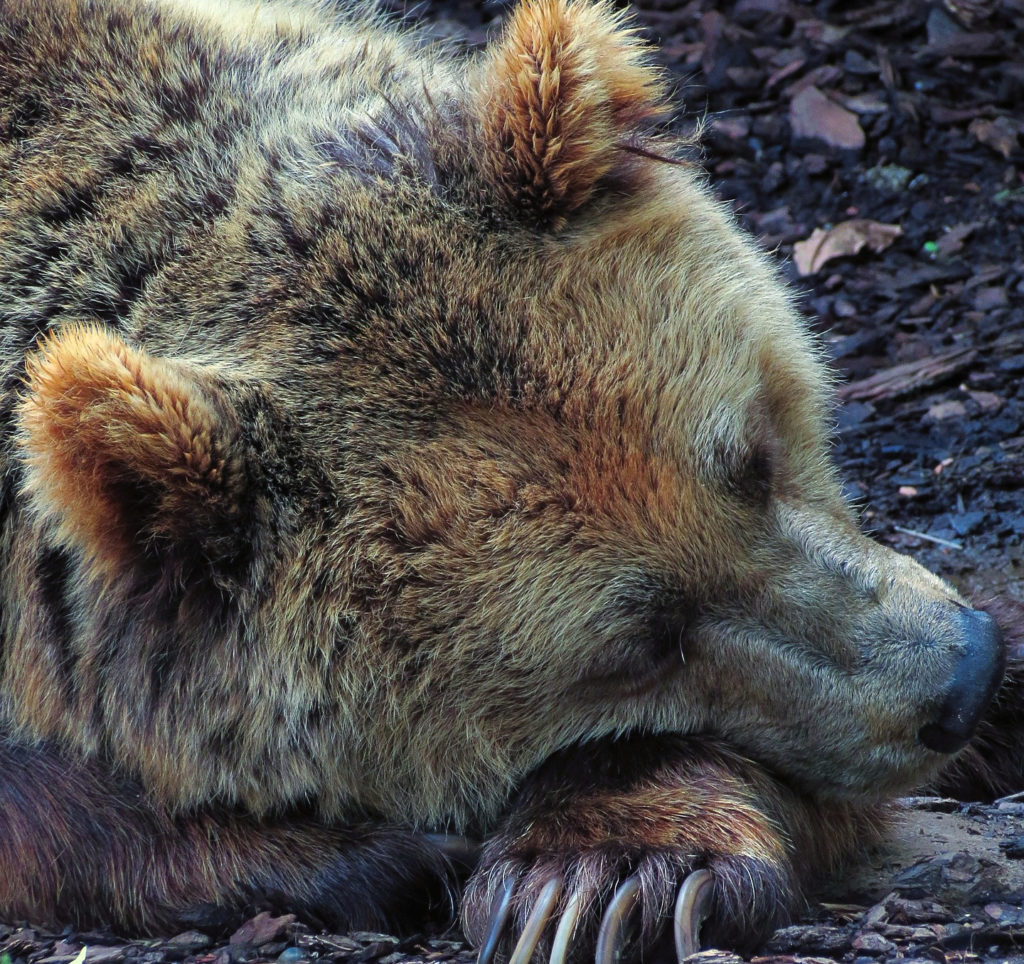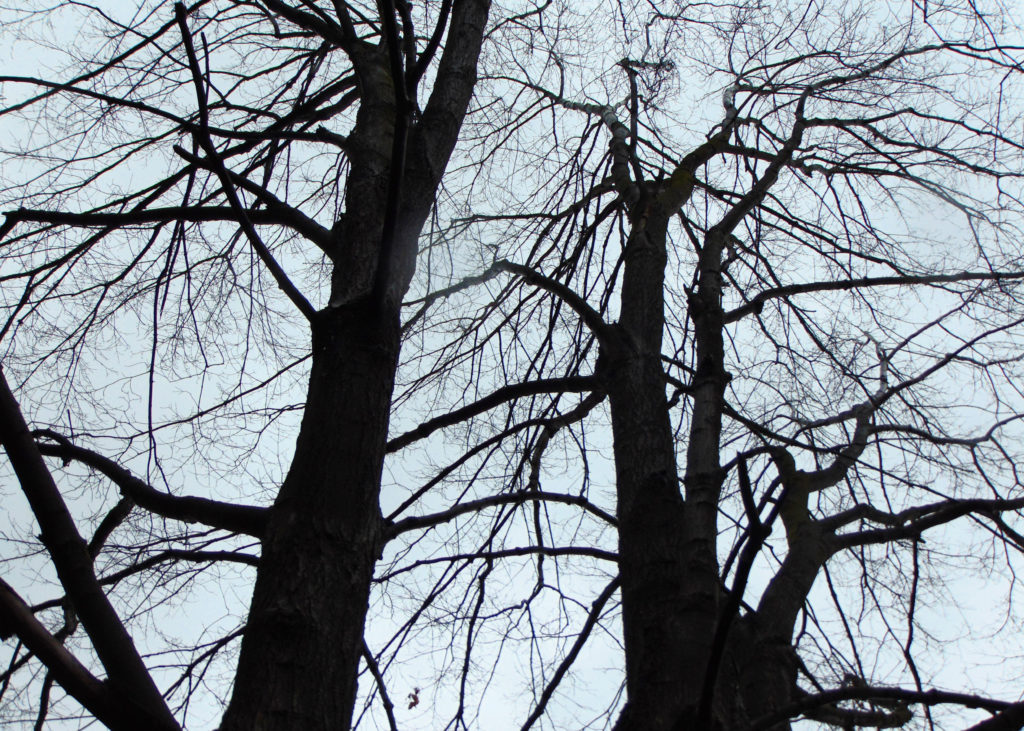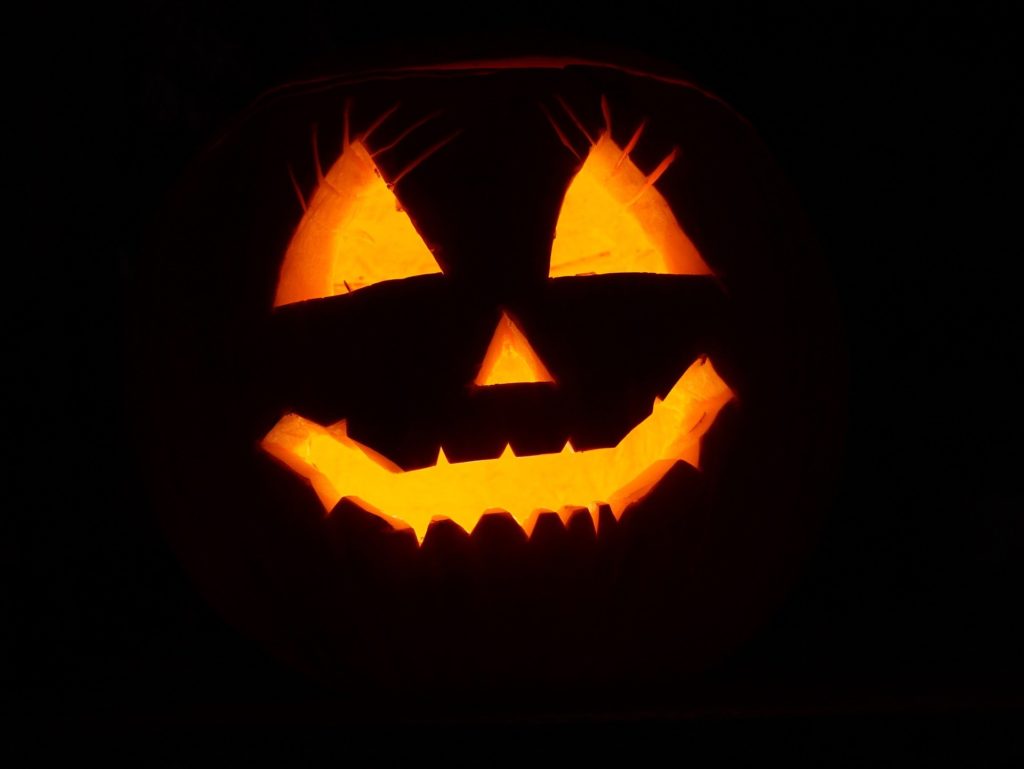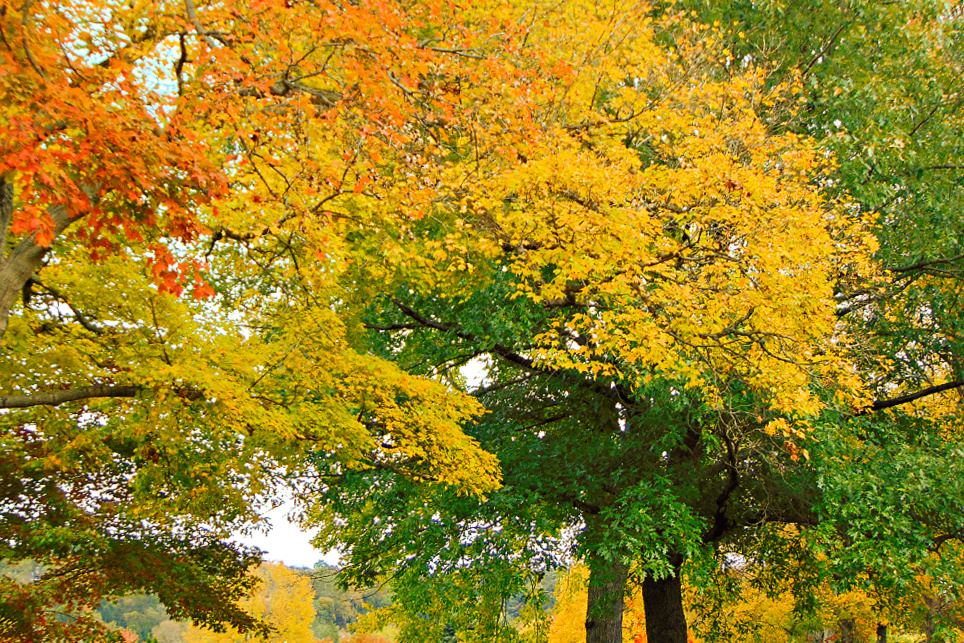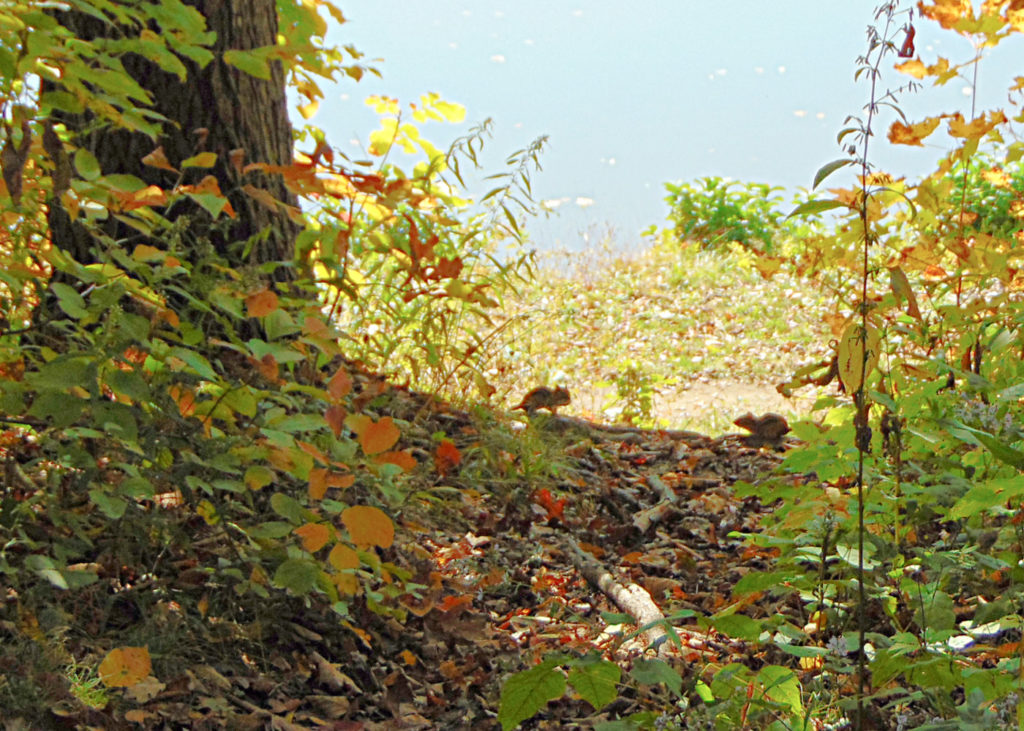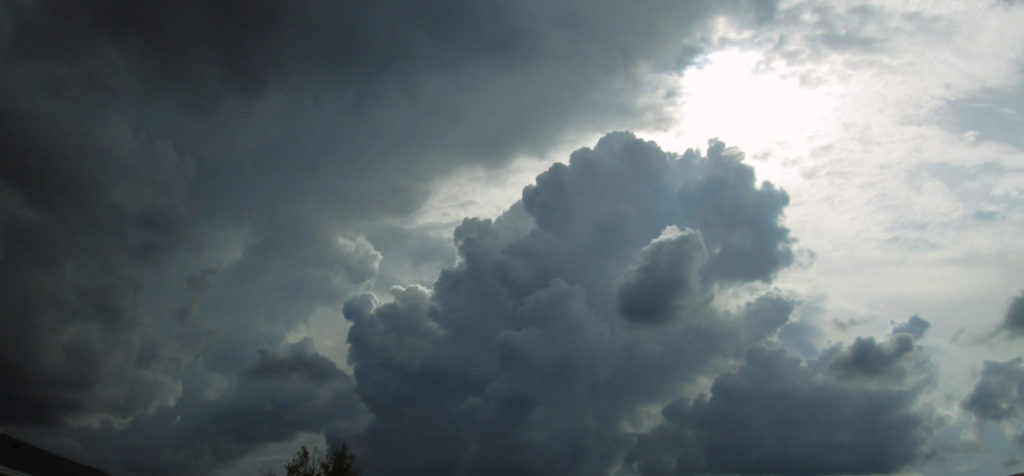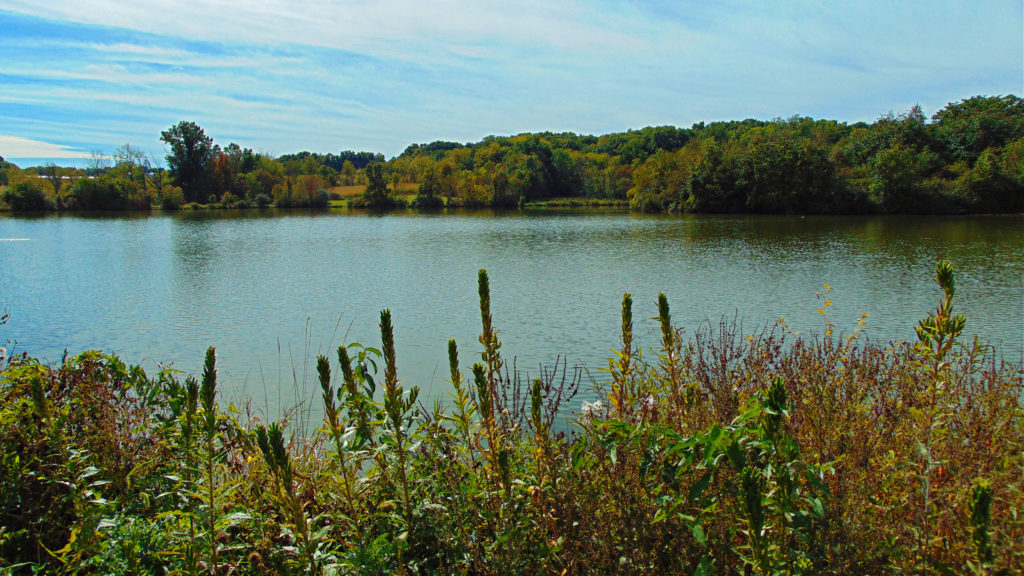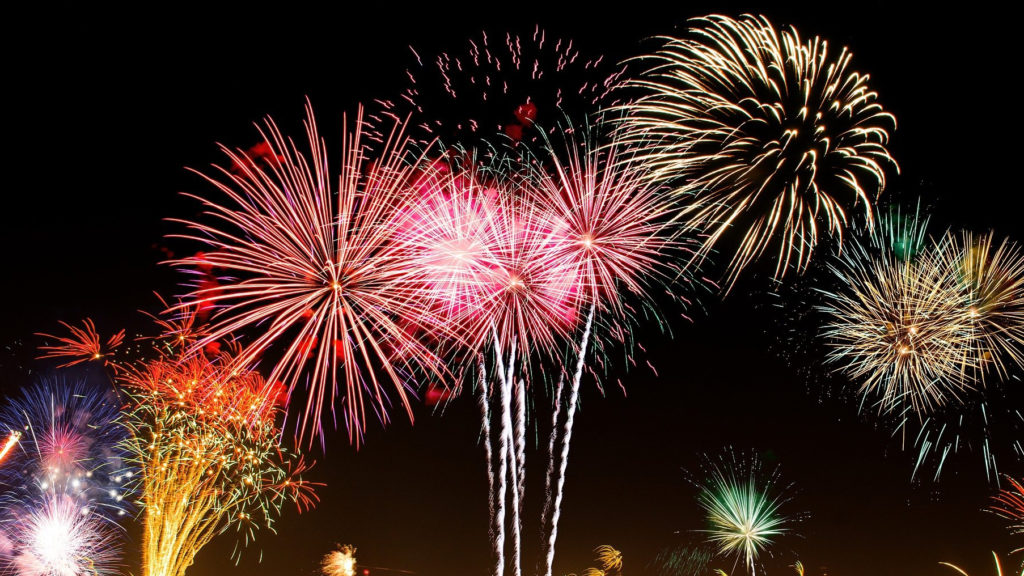
Sometimes, life picks you up, hurls you around, and plunks you into a whole new world. I’ve mentioned this phenomenon before. I refer to it as “the revolving door syndrome.” Well, the last weekend in November, I got swept onto a dark and heavy patch of road that started with a sudden malaise that laid me low for the next ten days. Then, when I emerged from my stupor, it was to the news that one of my dearest friends had passed away, unexpectedly, in her sleep. Her memorial service wasn’t until the weekend after that, and I slogged through the days in shock, with a broken heart.
That’s why you didn’t hear from me for three weeks. I thought of you. I saw that many of you were into the holiday spirit and happily preparing for the days ahead. That was a comfort to me somehow. Life goes on. Some of you were, like me, in pain. The weekend I lost my friend, for instance, hundreds of people lost every material thing they owned in a horrendous tornado. Many lost their lives, and their friends and families were grieving and in shock, just as I was, our sorrow flowing together into one shared lake of pain.
One day, as the crushing sadness lifted and I was beginning to breathe again, I ran across a great little meme on the net. “Misery loves company,” it said. Then it continued, “But so does Joy. And Joy gives better parties.” I laughed at the way the Yes sends you little love notes when you need ‘em. Yeah. Joy gives better parties.
You know what happens when your heart breaks because someone you love dies? A thousand memories pour out of it, showing you moments that you and your loved one shared, all wrapped in love.
I wanted to sit with those, to let myself cry over my loss, over the loss of my dreams of the ordinary tomorrows I’d share with my friend. I wanted to feel the wonder of knowing that true friendship exists in this world. I wanted to sink into gratitude for the privilege of knowing genuine friendships. When emotions are deep and raw, that’s about all you can do: sit with them, drink them in; know them for all that they are. They come, you know, as gifts of healing and grace.
So now we enter what I think of as the Week of the Letting Go. We usher out the passing year, wrapping every moment of it in a layer of acceptance, if we’re wise, as if each one of them—even the ones we didn’t really notice or enjoy—had been custom-designed for us, exactly what we needed. It’s a time to take stock of your assets and values and strengths, to commit to giving the coming year your best, whatever it may bring.
Let go of the old with thanks. Welcome the new with joy and hold a party.
Seen from a far-enough distance, it’s all beautiful.
Happy New Year, my friend.
Warmly,
Susan
